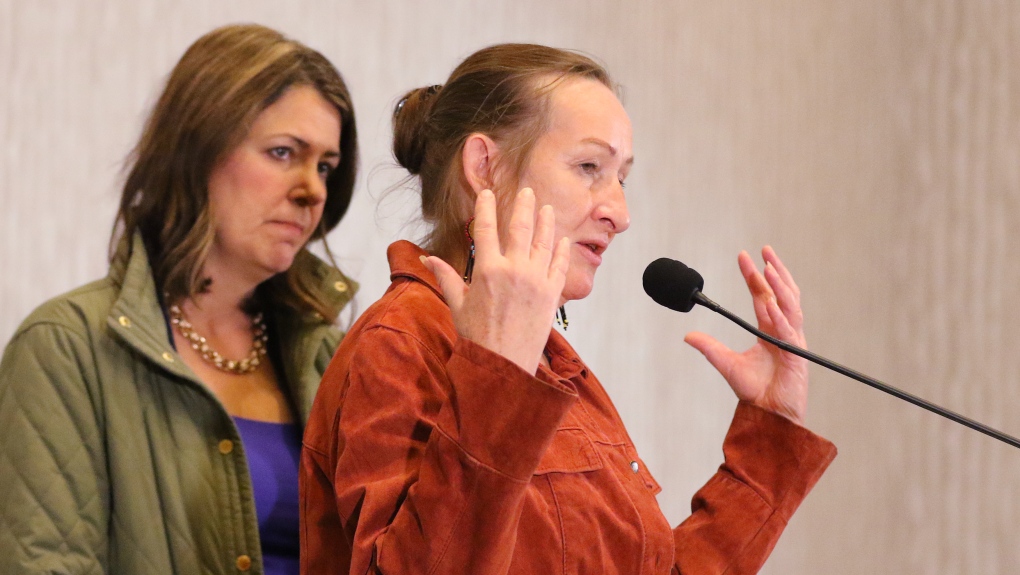Infra
‘Territories live like third-world countries’: N.W.T. Premier ‘tired’ of asking feds for infrastructure help

Northwest Territories Premier Caroline Cochrane says her jurisdiction’s infrastructure is similar to that of “third-world countries” compared to communities in southern Canada.
Cochrane said she’s been “tired for a long time” asking the federal government for more infrastructure commitments, but now she’s “angry,” amid calls for Ottawa to extend more help to the wildfire-ravaged region.
“We’ve been asking for the same infrastructure, roads, communications, that people in Canada take for granted for decades,” she said, adding she’s been “screaming for infrastructure for decades,” especially for the 22 communities with no permanent roads in or out.
“Our (fire) season is not done,” Cochrane also said. “But if this happens next year, is it my fault? Whose fault is it, when we can’t get people out, because we don’t have basic infrastructure that every Canadian takes for granted?”
Cochrane made the comments Friday accompanied by Alberta Premier Danielle Smith on a tour of Calgary’s reception centre for wildfire evacuees.
“I need every single Canadian to say it is not okay, that the territories live like third-world countries, that we do not have the same services that people in the South have,” Cochrane said. “So please, everyone raise your voice, because I need the federal government to hear we are Canadians, and we deserve the same.”
The comments come amid Prime Minister Justin Trudeau’s visit to Kelowna, B.C. on Friday, where he was repeatedly asked by reporters to name specific ways the federal government plans to help regions impacted by this summer’s wildfires.
But Trudeau did not announce any new spending commitments, instead pointing to the Disaster Financial Assistance Arrangements program, which sees the federal government offer aid to provincial and territorial governments when the recovery costs of a natural disaster are beyond what they could be expected to handle on their own.
“That’s part of the reflections we have to have going forward on how we can make sure that we have even more resilient communities,” Trudeau said in response to a question about Cochrane’s asks for more infrastructure. “Whereas this time the fires in Yellowknife were able to be prevented from getting too close to the city, next time we might not be so lucky, and we’re going to need to learn from these near misses.”
Trudeau also said Yellowknife’s evacuation in this case was made possible by “community members and individuals and frontline support workers,” rather than by effective infrastructure.
He added he’s told Cochrane the federal government has “continued to demonstrate in (its) constant engagement with territorial counterparts” that it “will be there” to support them.
With files from CTVNews.ca Senior Digital Parliamentary Reporter Rachel Aiello


)






